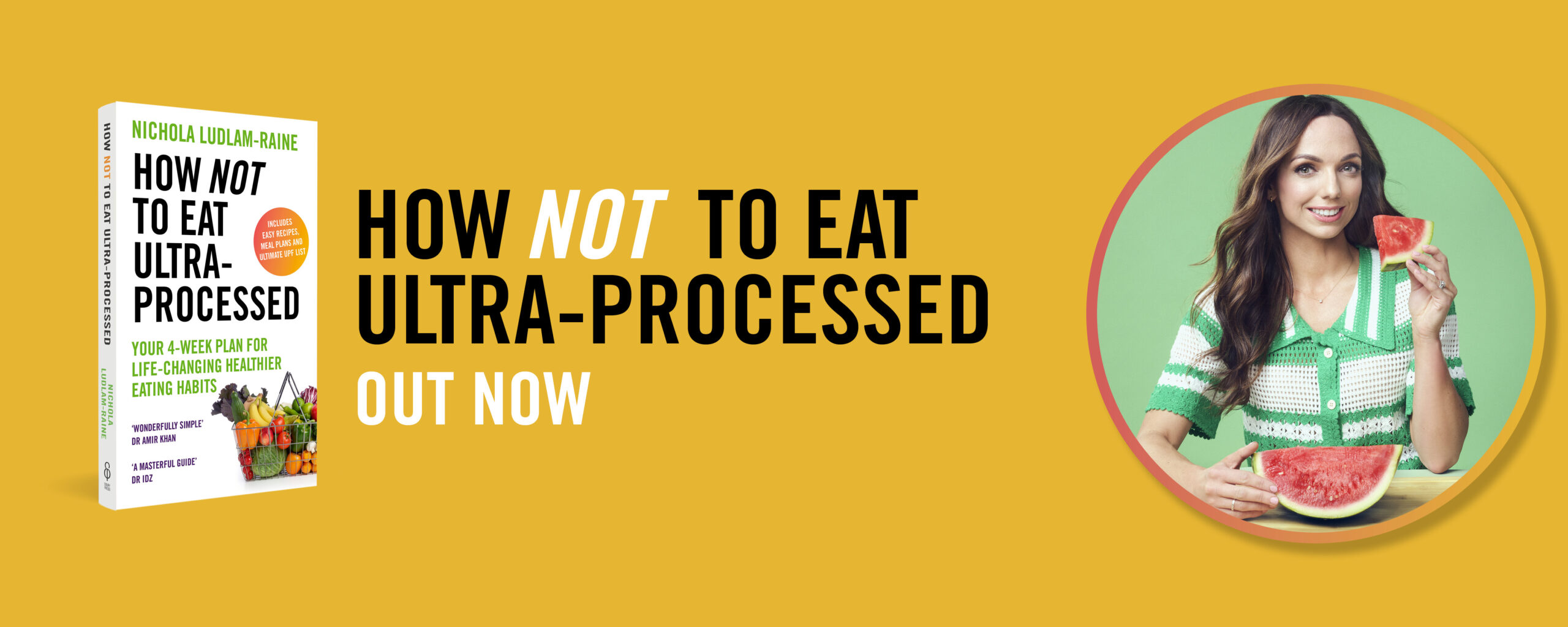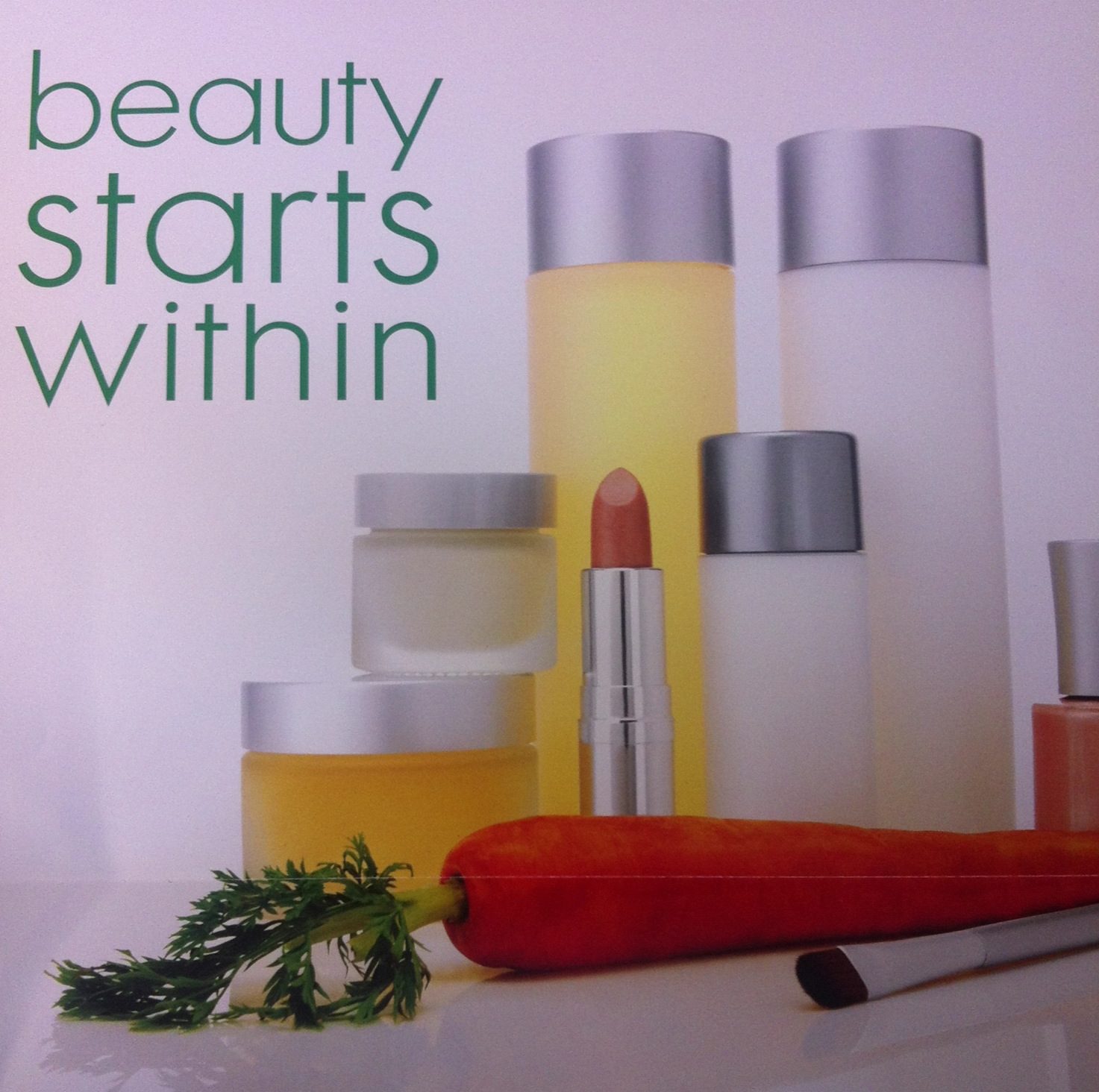
You may have heard the phrase ‘you are what you eat’ and although it literally may not be true, it is true that what you eat affects how you look massively! As well what you eat though, there are a few more things that can affect the quality of your skin.
I often get asked about what to eat for a ‘healthy glow’ and for ‘healthy skin’ and wanted to share with you my top 5 tips for looking at your best. The video below and this blog post is the first part of my ‘bridal get ready plan’ .. I really hope you find them useful and enjoy them!
Do let me know if you have any more tips for healthy skin below!
- 1) Get Enough Sleep
When we sleep, blood flow to our skin increases which contributes to healing and that wonderful ‘glow’ that we all strive for. Aim for 7-8 hours of shut-eye a night to all your skin to repair and recover; dark circles under your eyes (if you don’t normally have them) could mean that you need more sleep!
- 2) Ban Bad Lifestyle Habits
If you want healthy skin then don’t smoke. Smoking reduces blood flow to the skin causing wrinkles and a dull completion. Another way to make sure that your skin looks good as you age is to protect it when you go outside with an SPF of at least 15, with 4 or 5 star UVA rating.
- 3) Good Skin Cleansing Routine
Something that my sister and I always do (well 99% of the time!!) is remove our makeup before bed and apply a good moisturiser or serum. I highly recommend finding a cleanser, toner and moisturiser that you like and repeating these steps morning and night. I personally use a heavier moisturiser at night; as discussed in our video above.
- 4) Stay Hydrated
Water is not only super cheap but it helps to keep your body hydrated, flushes out nasty toxins and keeps you looking good. You should aim to drink at least 8 to 10 x 200ml glasses of water a day, however if it’s hot or you’re exercising then you may need to drink more. An easy way to see if you’re drinking enough it to check the colour of your urine (sorry to be crude); if it’s dark in colour then you are probably dehydrated and need to drink more. If you find water boring then check out [this blog post]. Caffeinated drinks do count towards your fluid intake but keep these to no more than 5-6 cups a day as more than this can cause unwanted side-effects such as insomnia and irritability.
- 5) Healthy Balanced Diet
Eat a Rainbow
Eat a variety of (natural!) colours in your diet. Feast on fruits and vegetables (5-9 portions/handfuls a day) and aim to keep your plate as colourful as possible! A colourful diet will not only make it more interesting for you to eat, but it will ensure that you are eating a variety of vitamins and minerals that will nourish your skin from the inside out, especially vitamin C (berries are really rich in this)! So next time you’re making a salad don’t just add leaves.. add tomatoes, mushrooms, beetroot, peppers.. if it has colour (and you like it) pop it in! Check out my Superfoods Salad for inspiration.
Vitamin A
Vitamin A is essential for healthy skin. It is found in low-fat diary products (such as milk, yoghurts and cheese), eggs, oily fish and also sweet potatoes. A perfect evening meal therefore could be: A spinach & mushroom omelette (eggs & milk) served with home-made sweet potato wedges & a yoghurt for dessert.. you could also add smoked salmon (oily fish) to the omelette too. Yum!
Don’t be afraid of Fat
Fats in the diet are essential for healthy and nourished skin, however be sure to choose the healthy ones (mono-unsaturated fats). The fats found in foods such as oily fish, nuts (brazil nuts are a great source of selenium too), seeds and avocados are fantastic for a healthy complexion and they contain essential omega 3 as well as antioxidants such as Vitamin E and Selenium. Antioxidants protect against free-radicals (pollutants) which can have a damaging/ageing effect on the skin.
Increase your Zinc intake
Zinc is a mineral that helps to promote skin healing and repair. It is found in red meat (choose the lean varieties as well as healthy cooking methods such as grilling) and whole grains (such as wholemeal bread and oats). Aim to have lean red meat about once a week as it is also a good source of iron (for energy) and have whole grains with your meals instead of ‘white carbs’.


Thank you
no problem 🙂 x